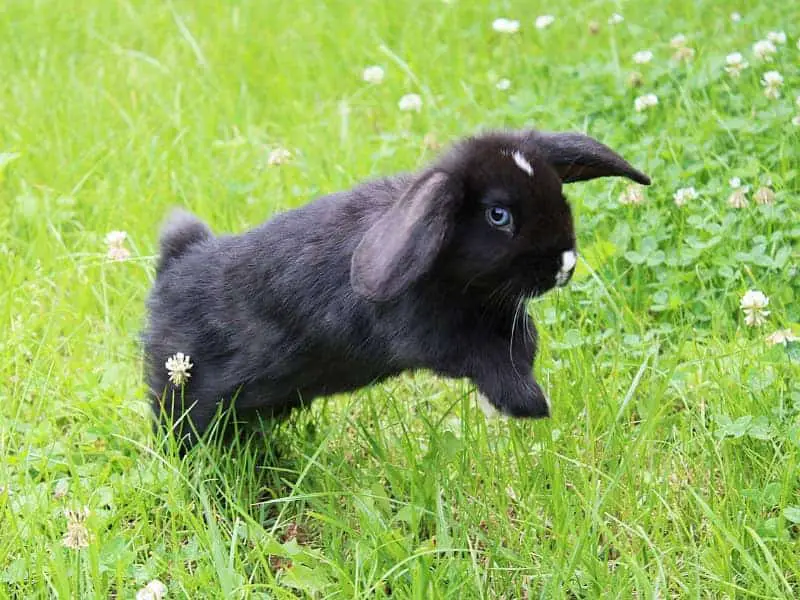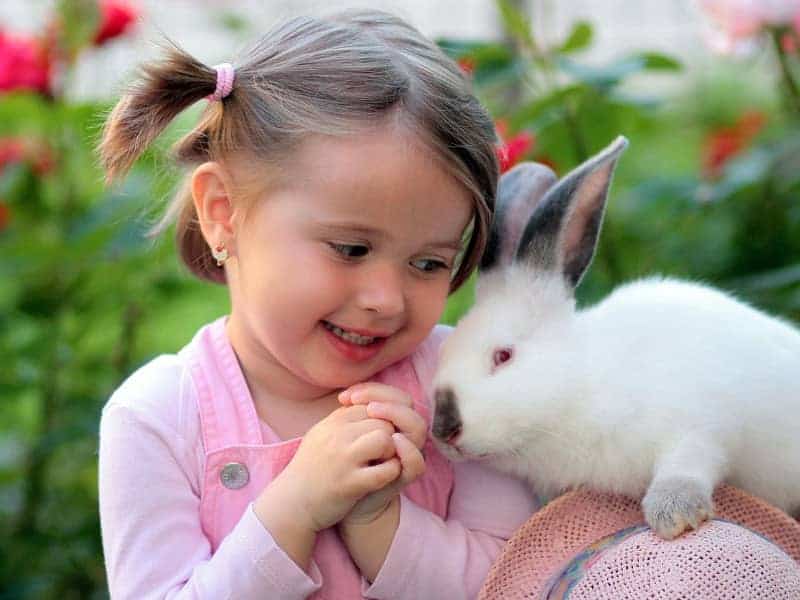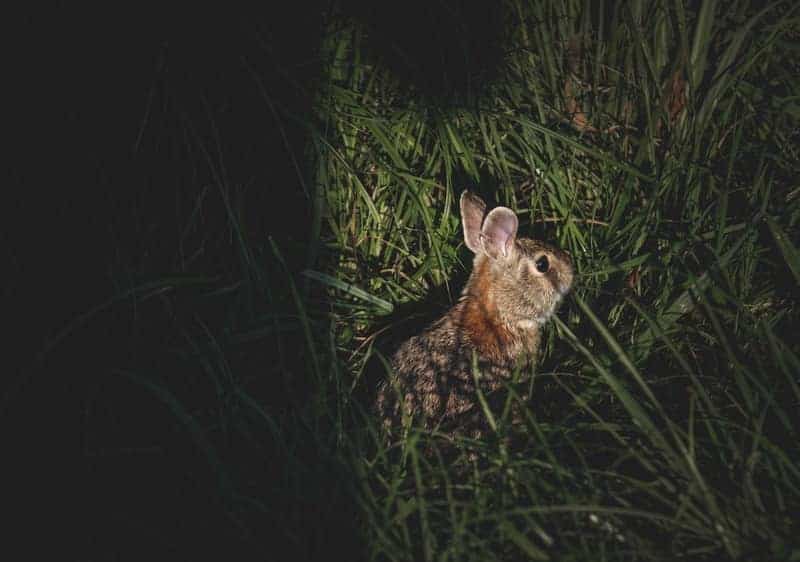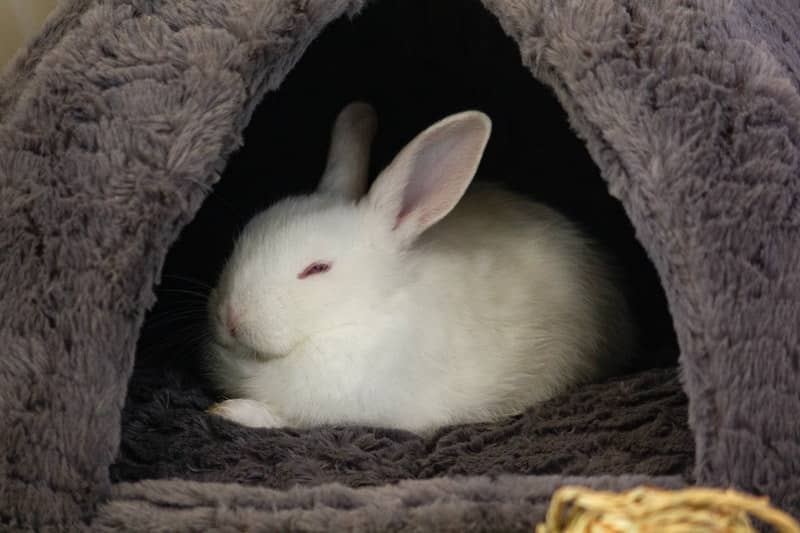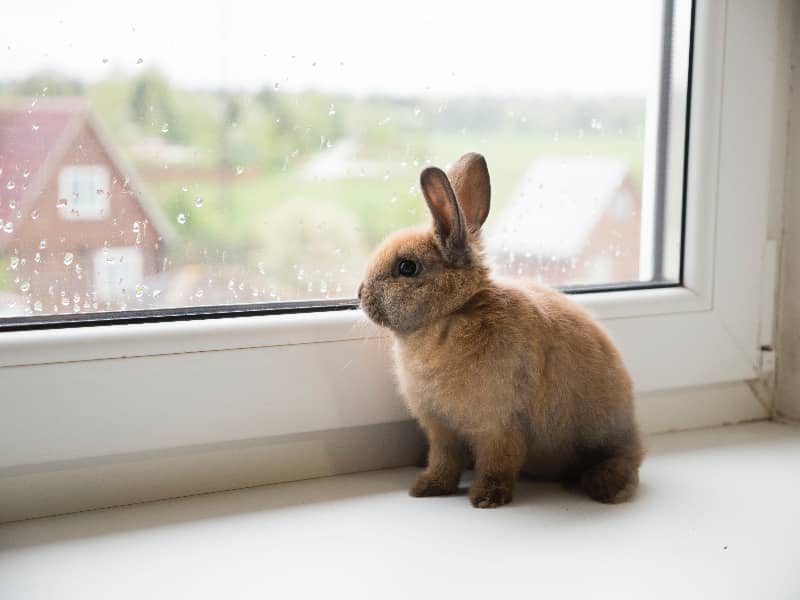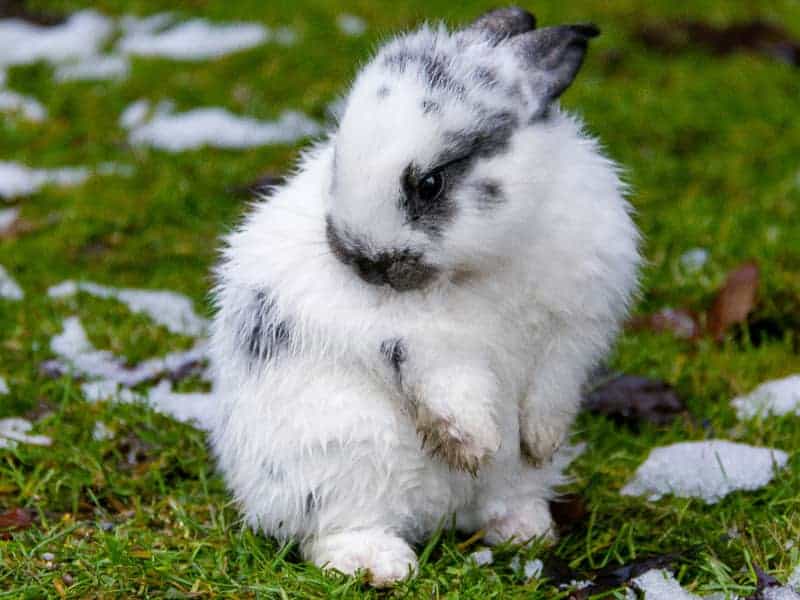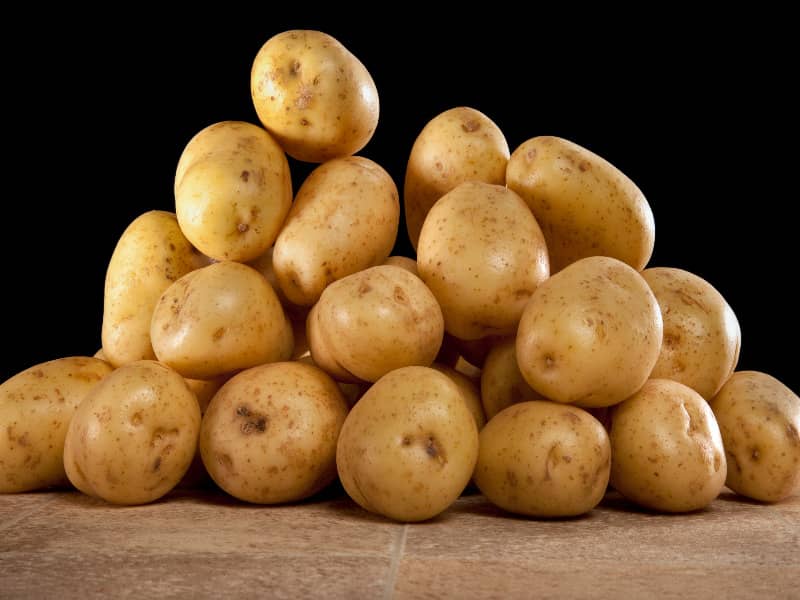
Are rabbits allowed to eat potatoes?
How often do you stand in front of the fridge wondering if your fluffy little friend can eat this or that? Today we focus on a specific question: Can rabbits eat potatoes? This blog article will give you the comprehensive answers you need, in an easy and accessible way. So grab a cup of tea, sit back, and let's dive into the world of rabbit nutrition.
- Are rabbits allowed to eat potatoes?
- The rabbit and its diet
- The potato: a controversial vegetable
- Are potatoes a good food for rabbits?
- The problem with raw potatoes
- And what about boiled potatoes?
- The toxin solanine in more detail
- Responsible feeding of rabbits
- What rabbits can eat instead
- The influence of the season on rabbit nutrition
- Rabbits and water
- Hidden dangers in rabbit nutrition
- Rabbit and dry food
- Conclusion: Are rabbits allowed to eat potatoes?
The rabbit and its diet
Before we focus on potatoes, it is important to understand the basics of rabbit nutrition. As herbivores, rabbits have specially developed digestive systems designed to absorb a large amount of fiber from their plant-based diet. Grass, hay and green leafy vegetables play a critical role in this regard. But where do potatoes fit into this picture?
The potato: a controversial vegetable
Potatoes are a staple food in the human diet and they are known for their nutrient-rich composition. They contain important vitamins such as vitamin C and B6, are a good source of potassium, and provide a lot of fiber. However, they can also be problematic for some animals, including rabbits.
Are potatoes a good food for rabbits?
To make a long story short: No, potatoes are not good for your rabbit. Although it may come as a surprise, potatoes, both raw and cooked, are not good for rabbits and should be eliminated from their diet. But why is that?
The problem with raw potatoes
Raw food may be a healthy option for many animals, but raw potatoes contain dangerous substances for rabbits. They contain solanine, a natural toxin found mainly in the green parts and sprouts of the potato. Solanine can cause severe digestive upset and even poisoning in rabbits.
And what about boiled potatoes?
Cooked potatoes contain less solanine, but they have other problems. They are starchy and difficult for rabbits to digest. Excessive starch intake can cause severe digestive problems in rabbits, including bloating and diarrhea.
The toxin solanine in more detail
Solanine is an alkaloid found in the nightshade family, which includes potatoes. It has a bitter taste and can cause various symptoms in rabbits, including diarrhea, vomiting, lethargy, and in extreme cases, death. If your rabbit has accidentally eaten raw potatoes and is showing symptoms, you should see a veterinarian immediately.
Responsible feeding of rabbits
It is important to emphasize that you as a Rabbit Keeper you have a great responsibility. What you feed your rabbit can have a direct impact on its health and well-being. You should always strive to understand your rabbit's nutritional needs and ensure that his diet is balanced and healthy. Remember that hay and green leafy vegetables should be your rabbit's main diet.
What rabbits can eat instead
It's always a good idea to discuss alternatives when crossing a particular food off the list. A diet rich in hay and green leafy vegetables can be enhanced by the occasional addition of fruits and vegetables. These include carrots, apples (without seeds), strawberries, peppers, broccoli and many more.
Always remember that these foods should be given in moderation and they should not replace the main diet.
The influence of the season on rabbit nutrition
In the wild, rabbits' diets vary by season, and although pet rabbits have access to a consistent diet, seasonal changes can also affect their eating habits. Some rabbit owners notice that their rabbits eat more hay in the winter, while they prefer more greens and vegetables in the summer.
Although potatoes should not be on the menu, there are a variety of seasonal vegetables and fruits that rabbits can safely enjoy.
Rabbits and water
While we are talking mainly about solid food, it is important not to forget the importance of water in the diet of rabbits. Rabbits should always have access to fresh, clean water. A water bowl or water bottle should be regularly cleaned and filled with fresh water. This is especially important if your rabbit is eating a high amount of dry foods, such as hay.
Hidden dangers in rabbit nutrition
In addition to obvious problems, such as the solanine in potatoes, there are hidden dangers in rabbit nutrition that should be considered. For example, some fruits, such as apples and pears, contain small seeds that contain a small amount of cyanide. While this is not harmful to humans in small amounts, these seeds can be dangerous to rabbits. Therefore, it is important to remove these seeds before giving the fruit to your rabbit.
Rabbit and dry food
While many rabbit owners consider dry food a convenient option, it should only be used as a supplement to the diet and not as the main food source. Some dry foods contain high amounts of sugar and starch, which are difficult for rabbits to digest. Instead, hay should be the main food in a rabbit's diet.
Conclusion: Are rabbits allowed to eat potatoes?
The fact that potatoes are problematic both raw and cooked leads us to conclude that they should be kept out of our furry friends' diet. There are many other safe and healthy alternatives you can offer your rabbit, including carrots, broccoli, parsley, and of course lots of hay!
We hope this blog post has answered your questions about rabbit nutrition and specifically whether rabbits can eat potatoes. If you are ever in doubt, it is always best to consult a veterinarian. And remember, a healthy diet is the key to a happy and long rabbit life!
Author

-
Garden animal - A life with nature
Welcome to my animal blog! My name is Dirk and I am happy to take you on my journey through the fascinating world of animals and gardening.
Born 54 years ago, I have had an insatiable curiosity for the animal world around me since childhood. Although I have moved professionally in other industries, my true passion has always been animals and nature. It is remarkable how a small garden has become such an important part of my life.
Many of my fondest memories are associated with the animals that share our home. Whether it's the curious squirrels that scurry across the trees in the morning, the colorful variety of birds that visit our feeders, or the busy bees and butterflies that pollinate our flowers, every moment with them is invaluable to me.
This blog is my contribution to share my experiences, discoveries and insights with like-minded people. Here I will share stories of unforgettable encounters with animals, give tips on gardening and creating wildlife-friendly habitats, and take you on my journeys through nature.
Thank you so much for being here!
Cordial,
Dirk aka garden animal
Last posts
- 27. February 2024PetsVeganes Hundefutter – Grün und Gesund?
- 18. January 2024ChickensOregano für Hühner
- November 27, 2023HamsterDiurnal hamsters
- November 24, 2023HamsterHamster hammock

